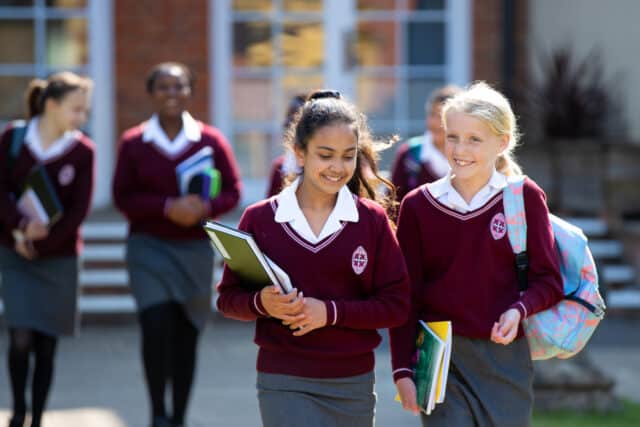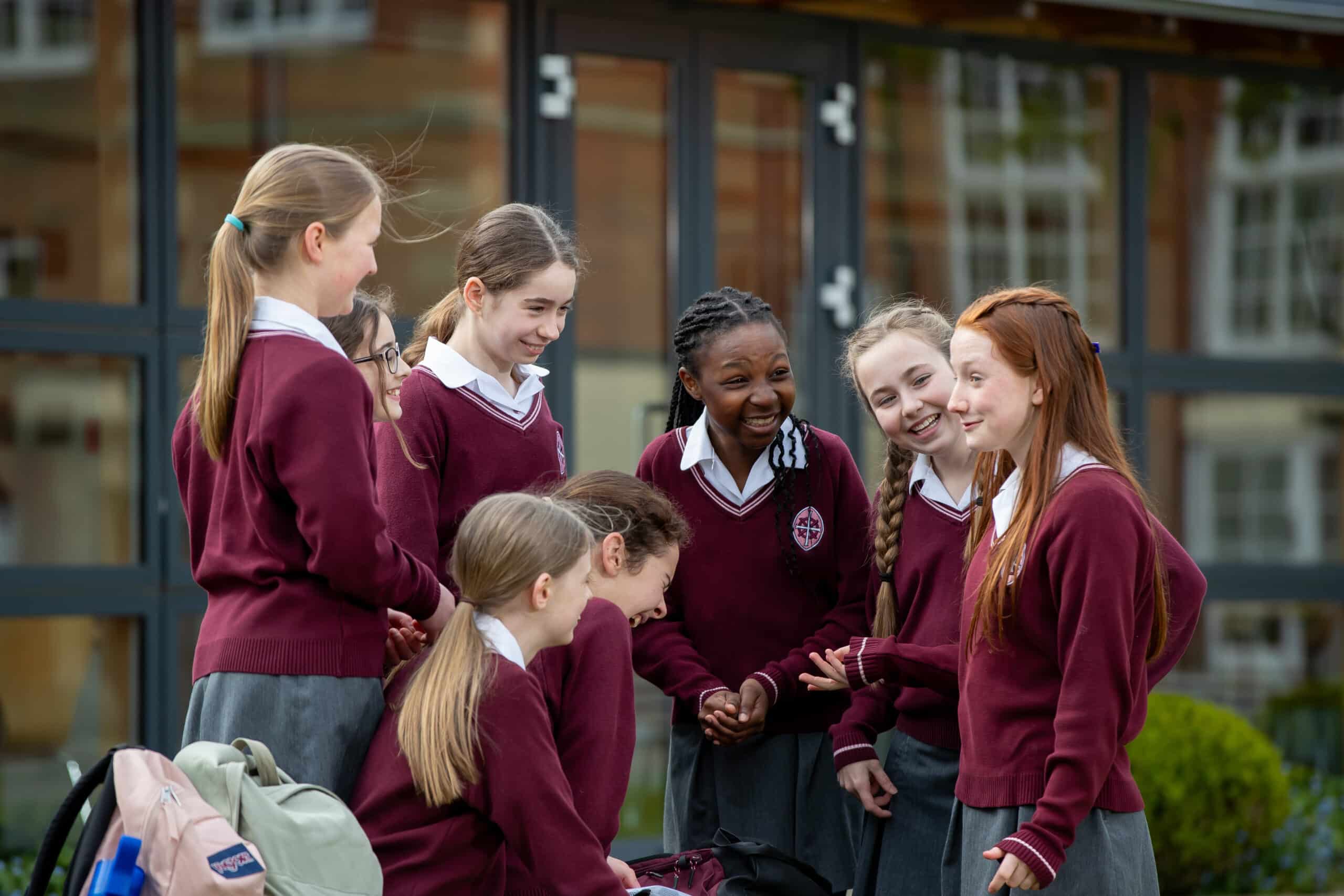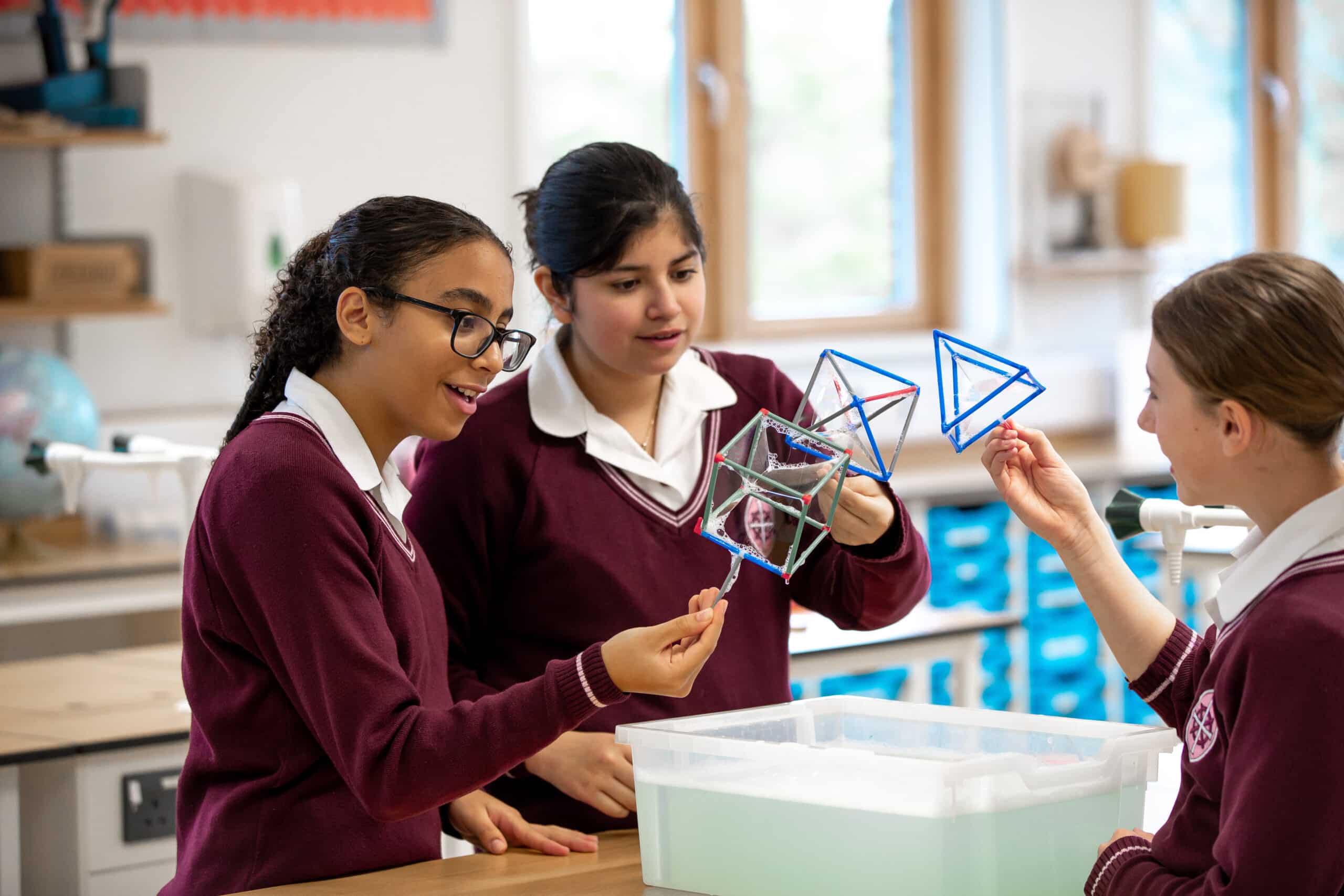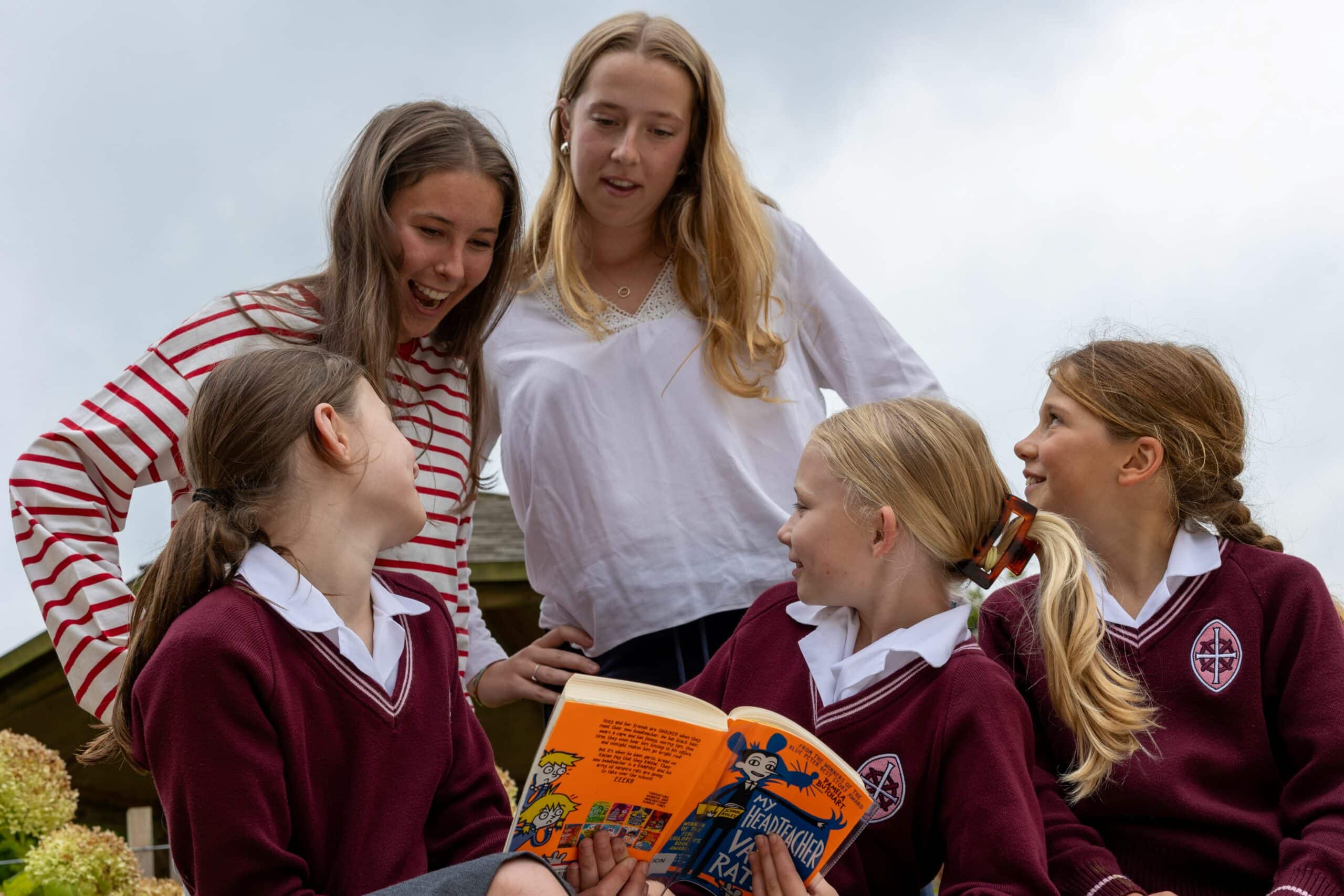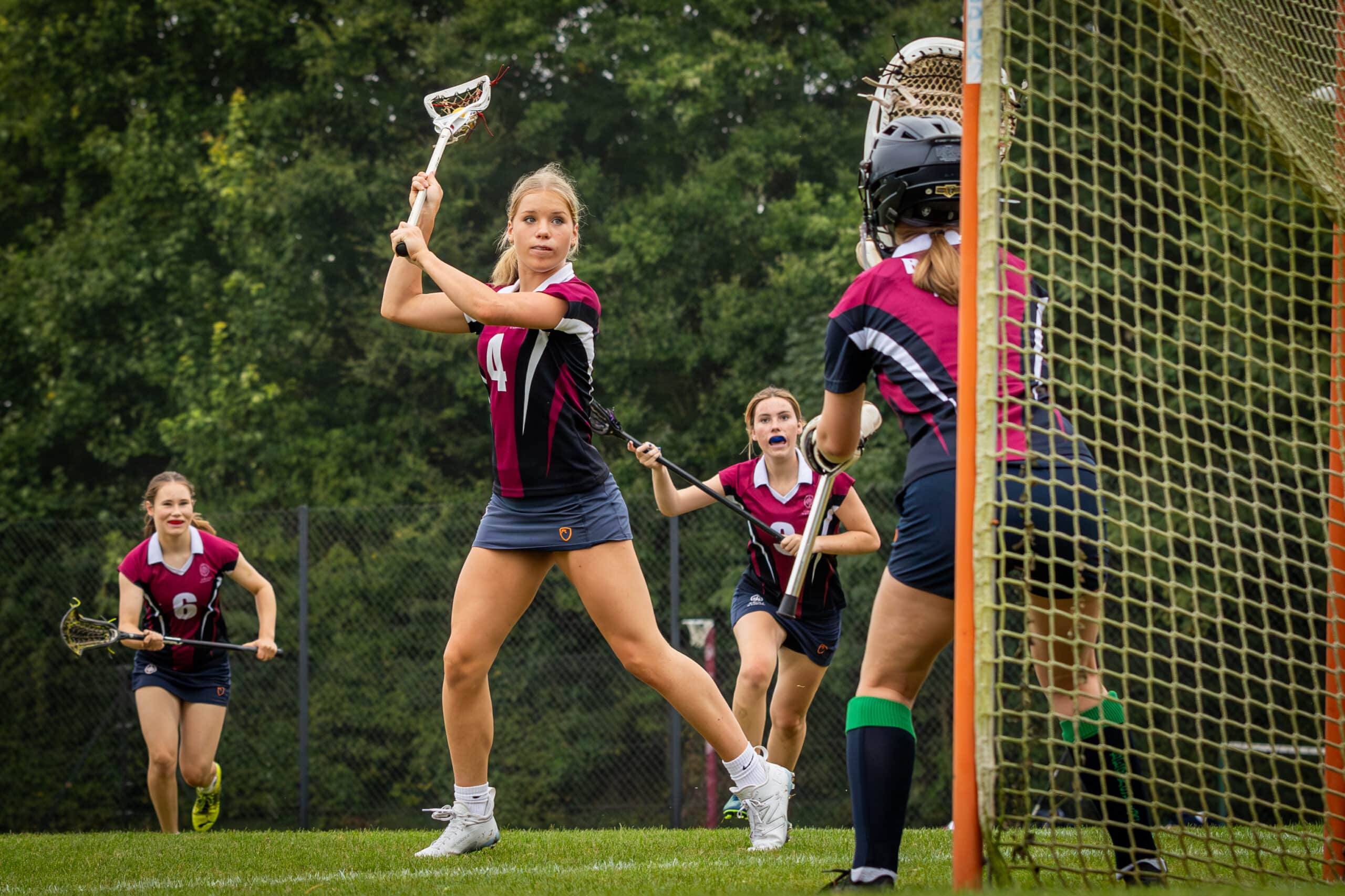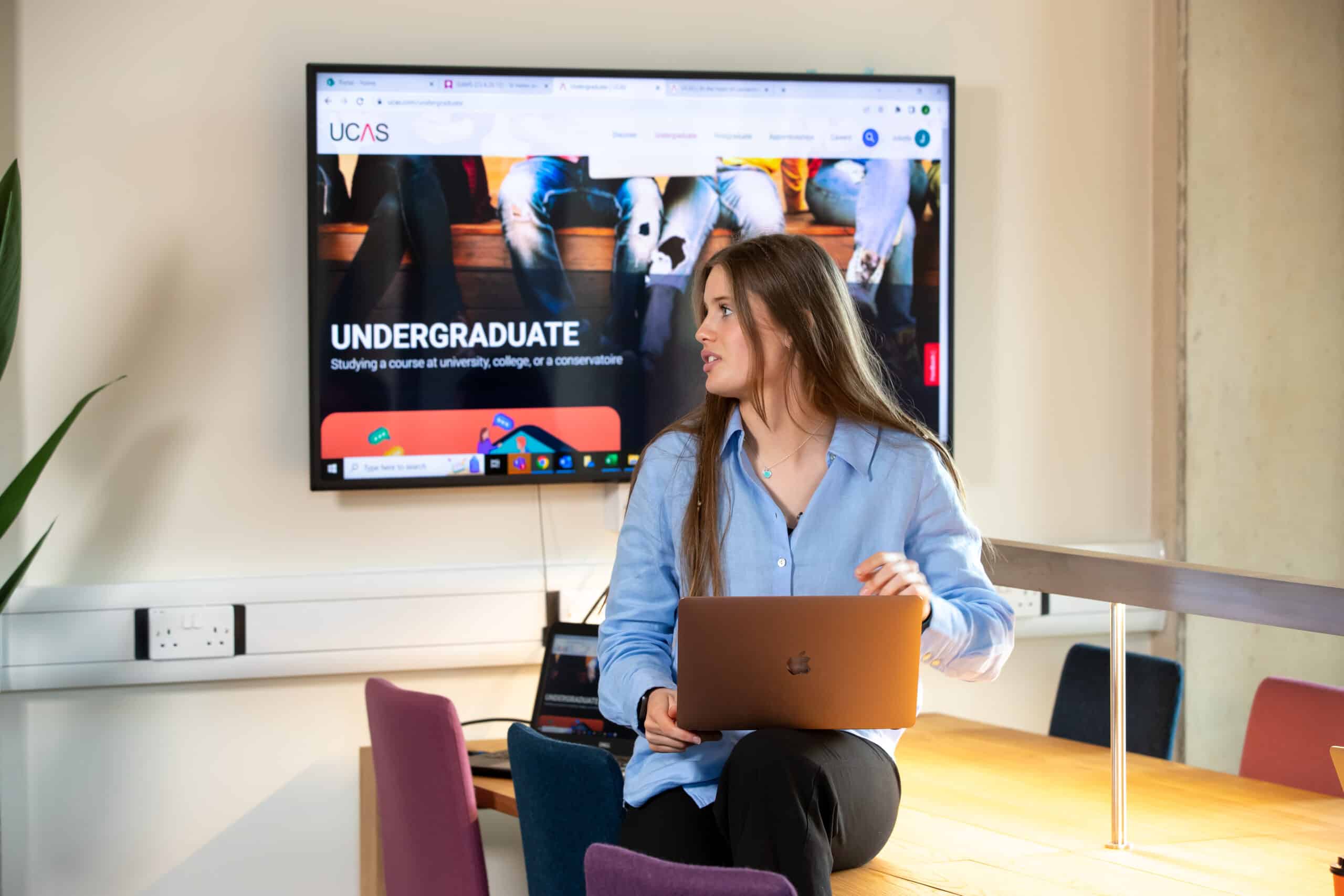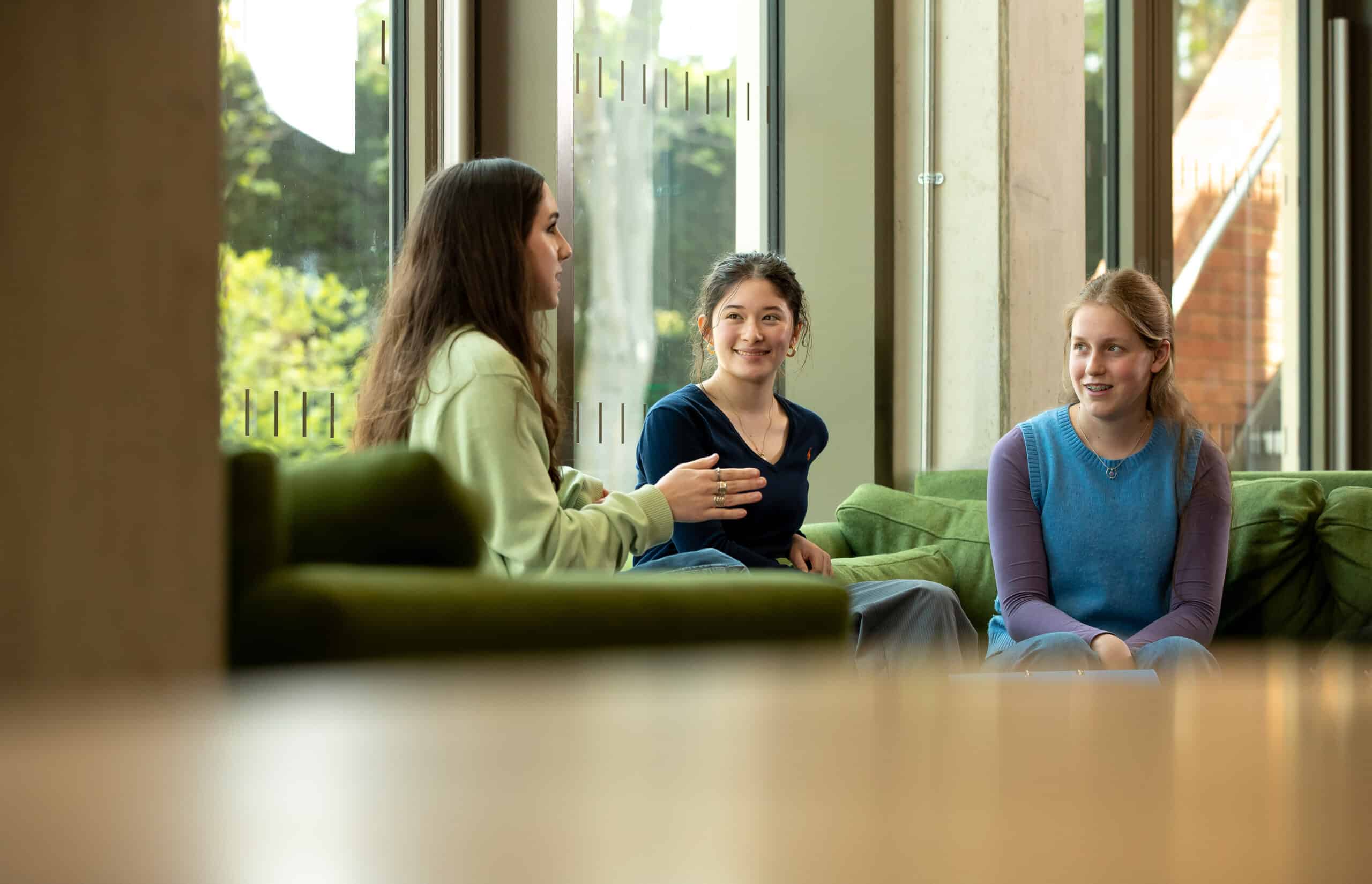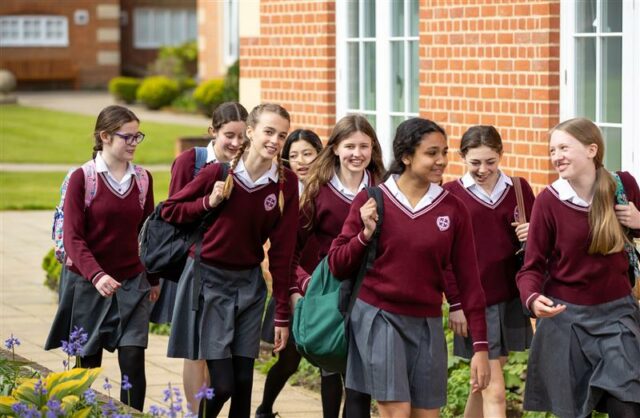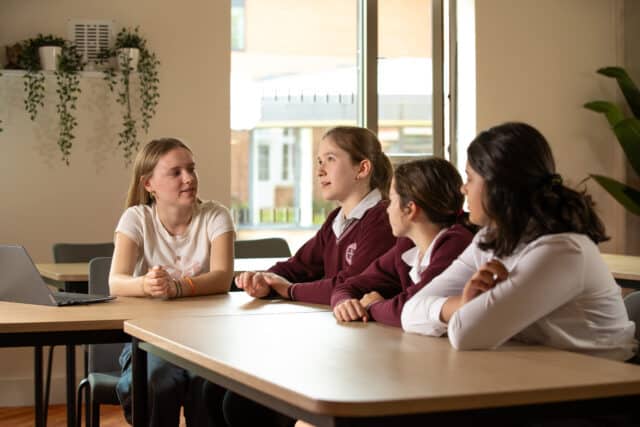I’ll start with a controversial statement – I don’t think students really learn much in lessons. “Good heavens,” I hear you say, “What? At St Helen’s! But that’s precisely what they should be doing.”
So, I think I should qualify, perhaps. What I really mean is if my Year 7 come to a lesson about Norman Castles (a real favourite of mine as a medieval historian) by the end of the lesson they won’t have learnt much about castles… yet. They will have understood plenty of new information, begun to assimilate it and started to make links with the material they already properly know, such as how William of Normandy handled English resistance to his rule. They can probably answer some written questions on this newly introduced knowledge – but that’s performance, not a signifier of learning. Leave them be, do no more, make no future reference and come back in three or four weeks and they will probably remember very little. That’s the very nature of learning and memory.
Certainly, they will learn the material on castles, and of course it does start in the lesson, but really, learning happens in the coming weeks and months as they revisit, review and actively remember. Memory is the residue of thought, to misquote the excellent Daniel Willingham. So, the more we get students thinking about what they are studying and revisiting and applying it the better they remember it – the better they truly learn it.
So why am I telling you this? Well, really because it helps to highlight the importance of homework and underpins the discussion we have been having about it over the past months. It has informed amendments to our homework policy and chased out some key thoughts about what good homework is and isn’t.
Homework at its most useful should be doing one of two things: either tasks which consolidate and review material that has been introduced in lessons – because that’s part of the learning process, or it needs to be ‘prep’ in the old-school manner: preparation for the lesson ahead, so that students start to understand the fundamentals before they even walk through the door of the classroom. (You can call that ‘flipped learning’ if you like, but I prefer ‘prep’). Then, lesson activity can be more focused on application of the material: generation of ideas on paper or through discussions. More opportunities for thinking, meaning more opportunities for learning.
And that should make up the majority of the work set. Yes, there may be opportunities for creativity and independence through more ‘project-style’ work, but this is not going to be the meat and potatoes of homework. We want students to be curious and learn to be independent… but you don’t teach independence by telling people to simply go out and be independent. Independence itself is a skill set as well as an attitude, and that too needs to be learnt gradually.
We teach that too throughout their time at St Helen’s: not only in subject lessons, but also via other curriculum activity, be that Year 7 Learning Skills at the beginning of their journey, Sixth Form EPQ at the end, or any number of other opportunities in between.
So, if you find your daughters bemoaning their homework and it makes you think about why we bother, I hope that provides some answers. Good homework is key to the learning process and good homework is very much here to stay.

